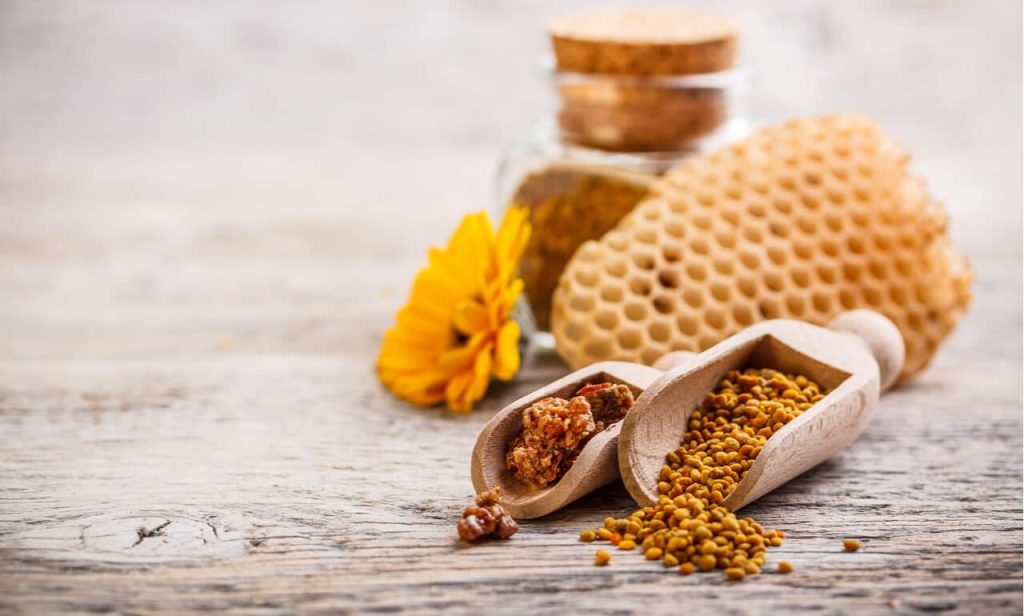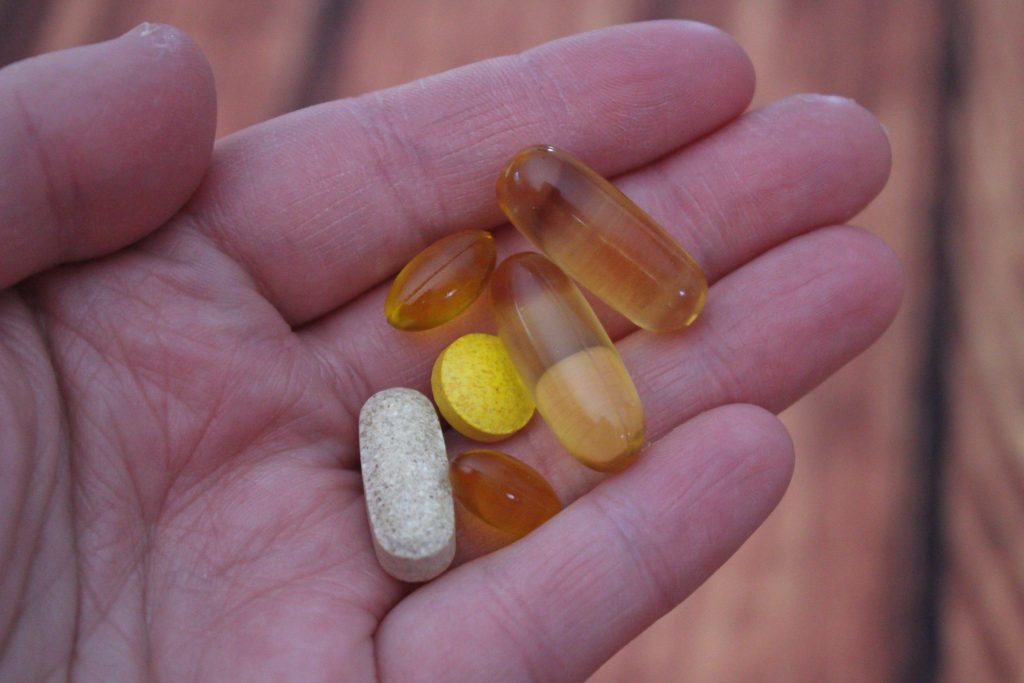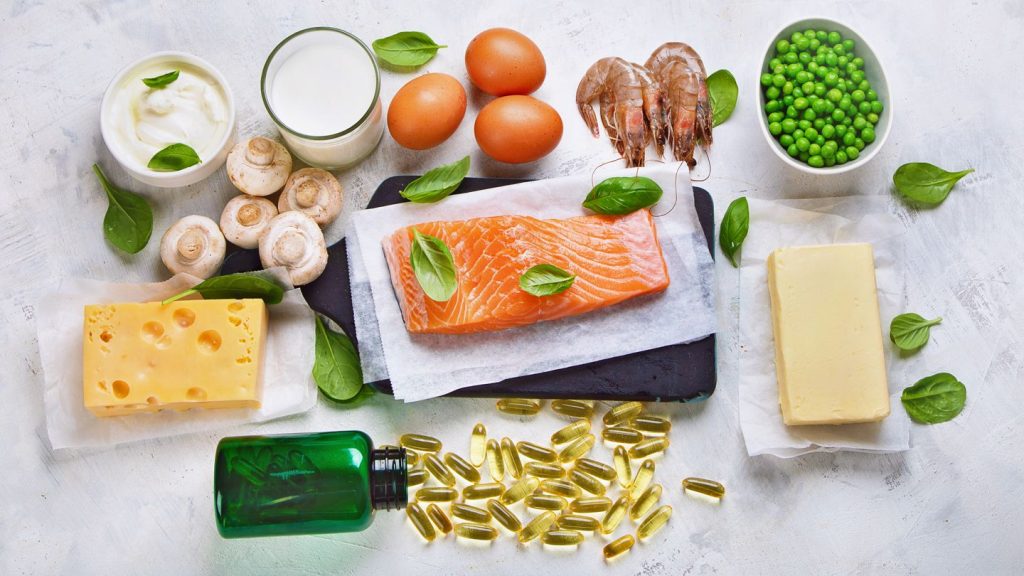The saying, “An apple a day keeps the doctor away,” may in fact contain some truth. Consuming nutrient-dense foods abundant in specific vitamins can assist the immune system in warding off disease and uplift your well-being. A robust immune system will protect your body from illnesses and viruses. It can also aid in injury recovery and keep your energy levels high.
However, due to a busy lifestyle, food allergies, or problems absorbing certain nutrients, some people can’t get the right amount of vitamins through diet alone. In this case, one could benefit from a boost. The following list notes important vitamins and immunity supplements essential for your immune system:
Vitamin C

Vitamin C is one of the most effective immune system stimulants. In fact, a lack of vitamin C can make you more susceptible to illness, according to researchers. Vitamin C is an antioxidant, which means that it can protect the body from toxins that induce inflammation.
Vitamin C is an essential nutrient for optimal health because the human body cannot produce it. It also does not save it for subsequent use. The good news is that vitamin C is present in so many foods that the majority of individuals do not need to take a vitamin C supplement unless their doctor recommends it.
Vitamin B6

Vitamin B6 is one of the most important immune boosting vitamins that supports cognitive function, the immune system, and oxygen delivery within the body. It also facilitates the production of neurotransmitters like serotonin and dopamine. Included in the food sources are chickpeas, tofu, and bovine liver.
Vitamin B6 is essential for supporting biochemical immune system reactions. Its primary function is the production of white blood cells and T-cells. These are the cells in your body that combat viruses and bacteria by fighting them off. Foods abundant in vitamin B6 include chickpeas, beef liver, salmon, tuna, potato, eggs, and avocado.
Propolis

Did you know that bees produce more than just honey? Bees generate a substance known as propolis from the sap of needle-leaved or evergreen trees. Ancient civilisations utilised propolis for its medicinal properties thousands of years ago. The ancient Greeks used it to treat abscesses. Assyrians apply it to incisions and tumours to prevent infection and promote healing. Egyptians employed it for mummification. The composition of propolis can vary based on the bees’ location and the trees and blossoms to which they have access.
Propolis and other honey-based immunity supplements also contain other potentially therapeutic elements, such as amino acids, vitamins A, C, and E, as well as minerals such as potassium and magnesium. Pollen, wax, and resin are other naturally occurring components of propolis. According to a 2015 study, propolis also prevents the formation of calcium phosphate, the primary component of dental plaque. Additionally, antibacterial propolis and honey may be beneficial as ingredients in dental care products.
Vitamin E

Vitamin E is a potent antioxidant that aids in the body’s defence against infection. According to researchers, vitamin E is one of the most beneficial nutrients for the immune system. This helps your T-cells maintain their optimum performance. Load up on wheat germ oil, a variety of seeds and almonds, spinach, broccoli, mango, tomatoes, and other foods in order to meet your daily E-vitamin requirements.
Due to its antioxidant function, anti-inflammatory processes, inhibition of platelet aggregation, and immune-enhancing properties, vitamin E has been found to be highly effective in the prevention and reversal of numerous disease complications.
Zinc

Zinc is a cofactor for more than 300 different enzymes, indicating that it is required for their proper functioning. In addition, research indicates that this mineral may improve immune function, stabilise blood sugar levels, and promote skin, eye, and cardiac health, so there are numerous reasons to ensure you get your daily dose.
Zinc is an antioxidant and anti-inflammatory agent. Researchers refer to it as the “gatekeeper” of the immune system because it ensures the correct functioning of all immune cells. The highest dietary source of zinc is oysters. Other foods include beef, blue crab, pumpkin seeds, turkey breast, shrimp, and numerous milk products.
Vitamin D

Vitamin D deficiency can result from a paucity of vitamin D in the diet, poor absorption, or a metabolic requirement for greater amounts. A deficiency may develop if a person does not consume enough vitamin D and does not receive sufficient ultraviolet solar exposure over an extended period. Those who cannot tolerate or do not consume milk, eggs, and fish, such as those with lactose intolerance or those who adhere to a vegan diet, are at a greater risk of a deficiency.
Vitamin D3 is naturally present in few foods. The finest sources are fish liver oils and fatty fish flesh. Egg yolks, cheese, and beef liver contain lower concentrations. Some mushrooms contain vitamin D2; additionally, some commercially available mushrooms that have been intentionally exposed to high levels of ultraviolet radiation contain higher levels of vitamin D2. Vitamin D is added to numerous foods and supplements, including dairy products and cereals.
























